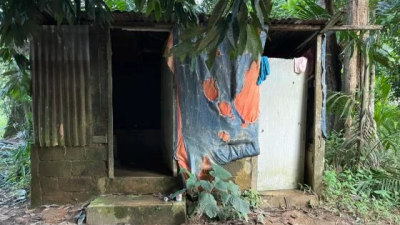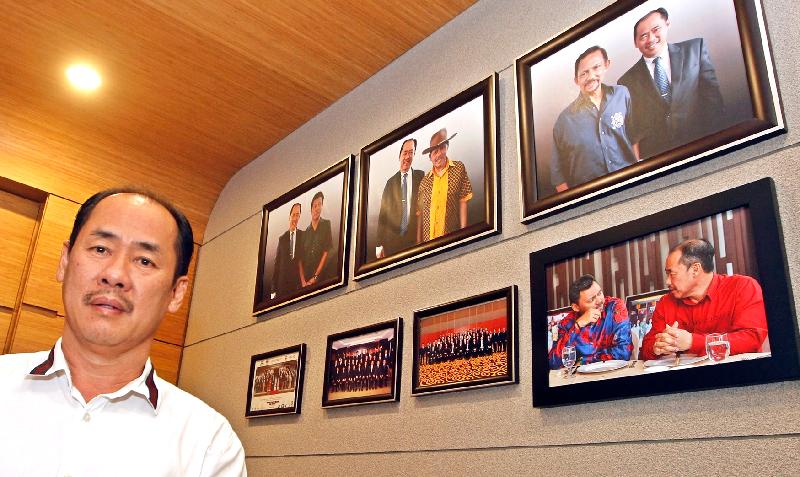
Among countries in Southeast Asia, Brunei has the second highest percentage of Muslims at almost 70%, after Indonesia, while Chinese make up only about 15% of the country's population.
At only 18, Jackson Ting traveled from Bintangor in Sarawak to work in Brunei in February 1983, learning to make advertising signboards and billboards.
"Actually I planned to further my studies after graduation from high school, but due to poverty I had to find a different way and see whether I could make it."
Ting later became a shareholder of the company and from there he began to explore his advertising business and set up his own advertising company D' Sunlit Sdn Bhd.
Today, D' Sunlit has become a reputable advertising company in Brunei.
From apprentice to business tycoon
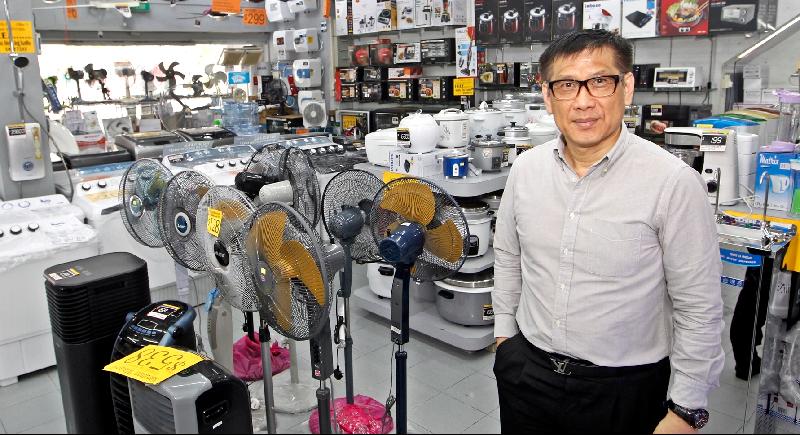
R&T Electronic Enterprise managing director Frankie Ngu was the sixth in a family of seven siblings. Because of the poor family background, he had planned to do something big since he was very young.
Ngu acquired a strong interest in electricals and electronics since he was young, and after dropping out from school at 15, he left his hometown of Limbang, Sarawak to work as an apprentice at an air conditioning company in Kuching.
He went back to Limbang a year later in hope of starting his own business after picking up some skills in Kuching.
He hoped to apply what he had learned to make some money.
"Air con repair is a very tough job. You need to rest for six months to make up for the energy lost during one month of repair work!
"Most houses then did not have air conditioners and due to the poor business, I had no choice but to give up."
In 1979, the 17-year-old young man went to Sibu to become an apprentice in radio and TV repair. After some time, he came to Brunei to be an electrical repairman.
During the early days as an apprentice in Brunei, Ngu said he had to share a small room with seven of his friends. and there was a time he almost did not have any salary for three months and had problem feeding himself even.
However, such crisis did not mean anything to him so long as he was given the opportunity to learn something.
With the help of some local friends, Ngu set up his own business at the age of 18, paving the way for him to excel in this business years later.
Today, other than electricals, Ngu's business has diversified into other areas such as KLT Goldsmith in 2007, Unibru Computer Parts in 2009, and a Foochow restaurant in 2014.
Due to strong local and oversea demands for bird's nest in more recent years, Ngu has seen the promising potentials of this business and has started his bird's nest acquisition and wholesale business.
Poor outlook for racial relationship in Malaysia
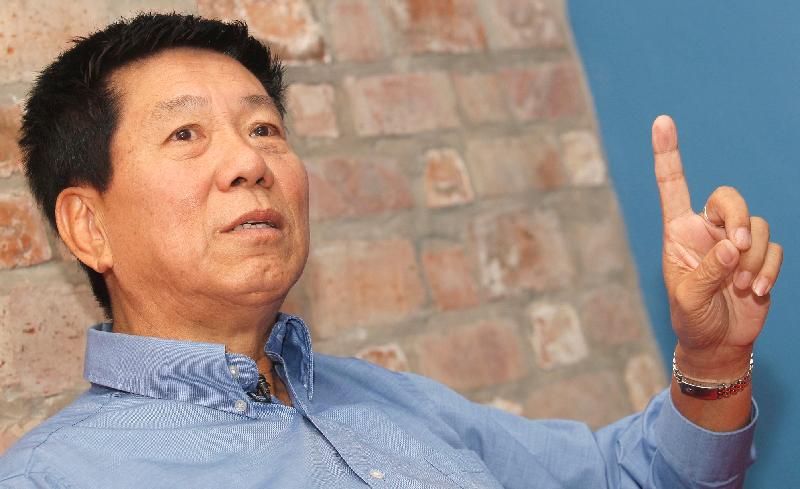
Thomas Ee, founder of Buildtech Development & Construction, was only 15 when the May 13 incident of 1969 took place. His hometown Sungai Pelek, not far from KL, was badly affected by the racial riots in the capital city.
Ee admitted that he had the intention of leaving the country to look for better prospects elsewhere due to the political turmoil in Malaysia then. He came to Brunei with a friend after reading a recruitment advertisement on the newspaper.
"KL was very chaotic then. The Malays were very hostile to the Chinese and I had no choice but to leave."
Ee said he came to Brunei in November 1969.
"We boarded the boat in Singapore. The sea was very rough due to the year-end monsoon, and we took almost four days to reach Brunei.
"We had no acquaintances here, and had to contact a friend's friend for help. Luckily they were all very helpful and we managed to get to the furniture shop to start work."
Ee said he used to be a furniture shop apprentice in Klang before coming to Brunei. His skill was considered first rate in Brunei at that time because there wasn't any formal training for carpenters back in those years.
"So I started to do renovation business and later became a contractor doing renovations for shops and offices."
With his renovation business increasingly steady, Ee began to diversify into the construction line, and has become a real estate developer until this day.
No differential treatment
While Ting, Ngu and Ee are all permanent residents of Brunei, they still retain their Malaysian citizenship. Ting's children are already Brunei citizens but the children of Ngu and Ee are still Malaysian citizens.
To them, it is almost impossible for them to go back to Malaysia and start everything all over again. Other than having their own properties in Brunei, the country's equitable policy and social harmony are also reasons they have no plans to return to Malaysia.
To Ting, Brunei is a very peaceful and quiet place. The Sultan is treating all his subjects fairly and equally without any differential treatment for people of different races.
'This is what is absent from many other countries. You will get the equal educational and medical benefits as long as you are a citizen of this country. No first, second or third class citizens here!"
"Unlike the racial quotas in Malaysia, you will be accepted here if you have some skills and expertise and can contribute positively towards the prosperity of this country," he insisted.
"No one is going to give you any trouble so long as you abide by the laws.
"Although Brunei is a Muslim country, non-Muslims can enjoy very high degree of cultural freedom provided that you don't touch on sensitive religious issues.
"Otherwise I wouldn't have stayed here for 36 years!
"This place has become my home now. I won't go anywhere else!"
Peaceful and safe
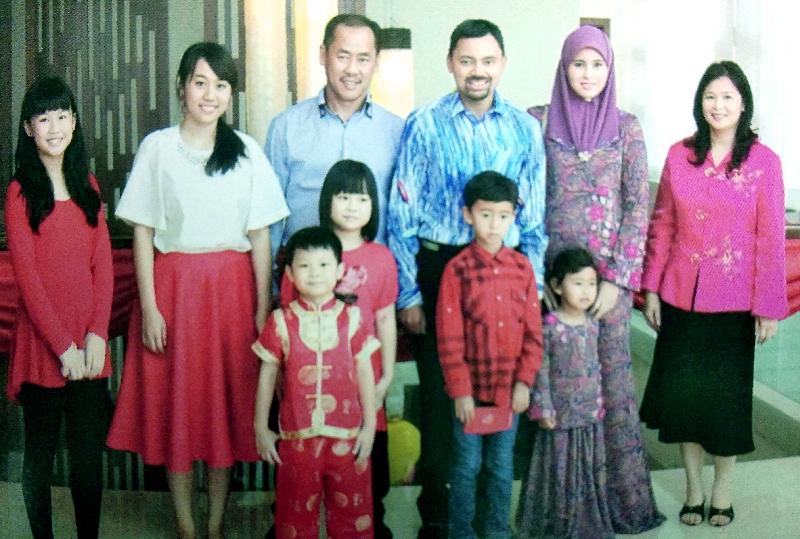
Ngu admitted that he did not plan to stay in Brunei forever when he first arrived in this country.
Today, with his business well established here, he has no plans to leave.
"My children and grandchildren are still Malaysian passport holders, but I don't encourage them to go back to Malaysia mainly because of economic, safety and other social issues."
Some of Brunei's policies are also better than Malaysia's, including exemption from paying income taxes, far more superior exchange rate vis-à-vis Malaysian ringgit. All these have firmed up Ngu's decision not to go back to Malaysia.
"There isn't much politics here, and hence no conflicts. People live in peace, and safely here.
"As this is a Muslim country, night life is scarce. Unlike in Malaysia, where parents don't know where their children go out to at night!"
As for Ee, although there are some differences between the privileges of the local Malays and Chinese, basically the welfare is not much different.
"Although I am only a PR here, I am entitled to the B$250 monthly allowances from the government to everyone above the age of 60, like the local citizens."
Ee feels that the racial harmony in Brunei today is like what Malaysia experienced during the early years of nationhood.
"Racism has gone worse in Malaysia since the May 13 incident. I feel really disappointed!"
The Malays in Brunei were actually not very friendly to the Chinese people during the early years.
"As I came from Malaysia, I knew the racial sensitivity and tried not to create trouble for them."
However, interracial relationship has improved tremendously over the years in Brunei, but in Malaysia, things have sadly gone the opposite way.
ADVERTISEMENT
ADVERTISEMENT







